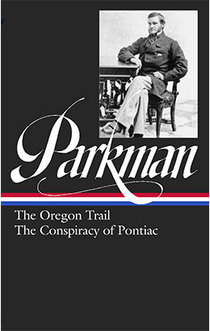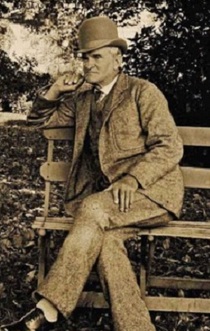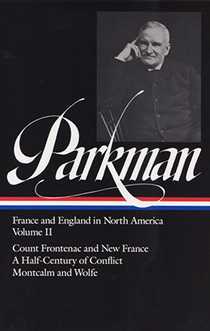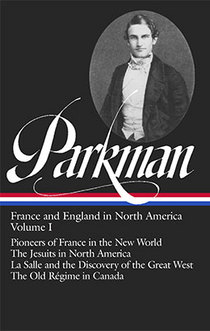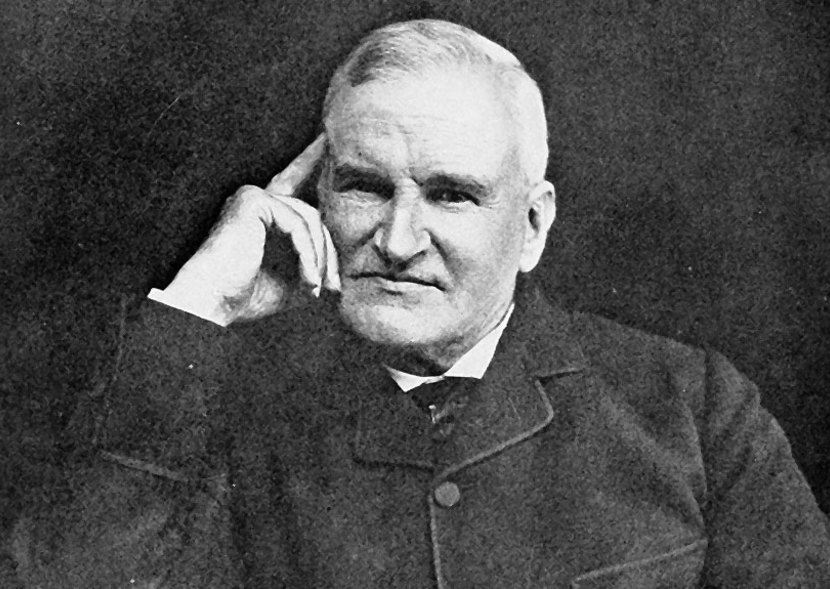
Major works:
The Oregon Trail • The Conspiracy of Pontiac • France and England in North America
La Salle and the Great West
Francis ParkmanIt was the worst of all seasons for such a journey. The nights were cold, but the sun was warm at noon, and the half-thawed prairie was one vast tract of mud, water, and discolored, half-liquid snow. On the twenty-second, they crossed marshes and inundated meadows, wading to the knee, till at noon they were stopped by a river, perhaps the Calumet. They made a raft of hard-wood timber, for there was no other, and shoved themselves across. On the next day, they could see Lake Michigan dimly glimmering beyond the waste of woods; and, after crossing three swollen streams, they reached it at evening. On the twenty-fourth, they followed its shore, till, at nightfall, they arrived at the fort, which they had built in the autumn at the mouth of the St. Joseph. Here La Salle found Chapelle and Leblanc, the two men whom he had sent from thence to Michillimackinac, in search of the “Griffin.” They reported that they had made the circuit of the lake, and had neither seen her nor heard tidings of her. Assured of her fate, he ordered them to rejoin Tonty at Fort Crèvecoeur; while he pushed onward with his party through the unknown wild of Southern Michigan.
